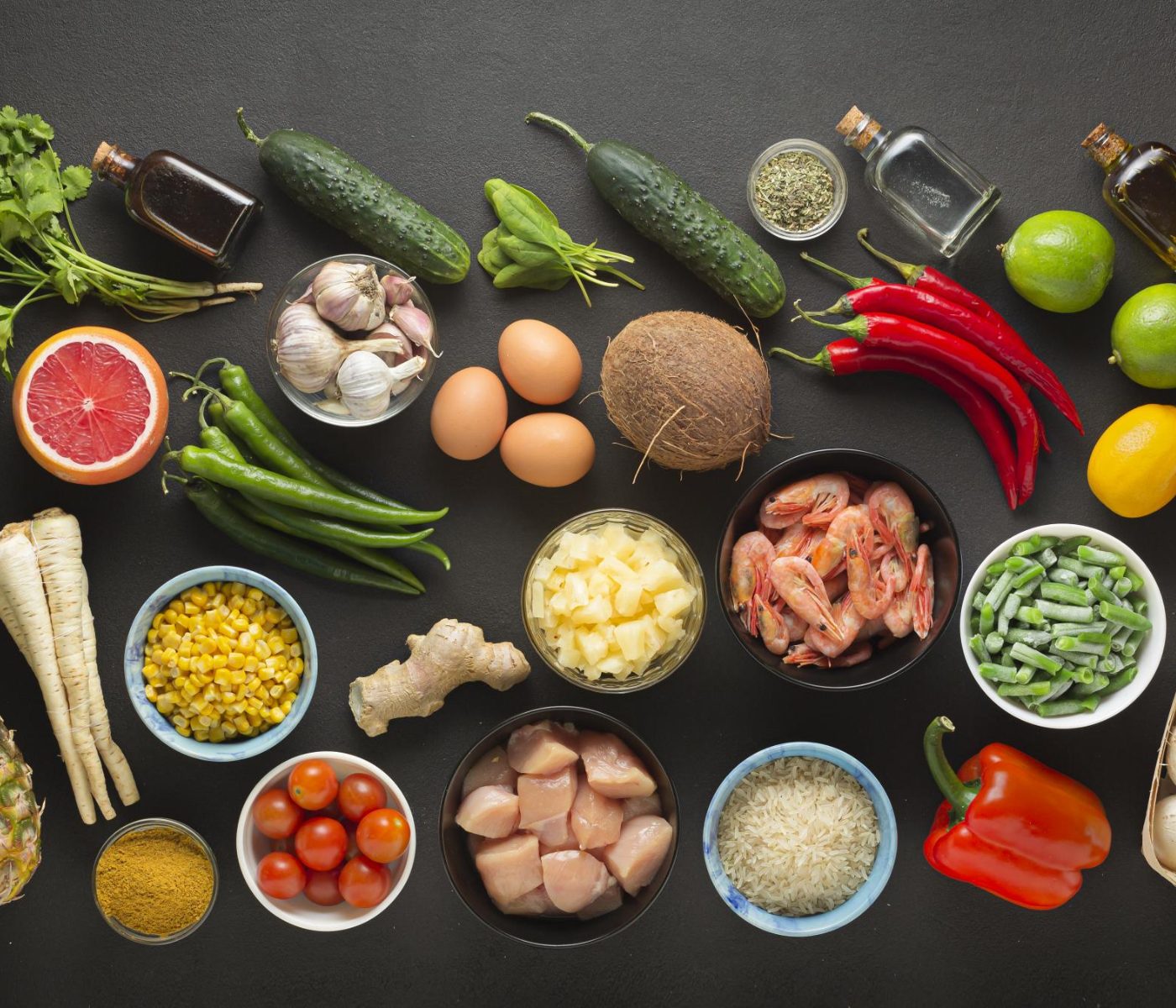 02 Mar 2023
02 Mar 2023
Feed autonomy and self-sufficiency in food production has become an evident priority for all nations. Events like the Covid-19 pandemic and geo-political conflicts in 2022 have revealed the world’s high dependence on a few markets for the supply of crops, staple foods, and agricultural inputs such as pesticides and fertilizers. Exposing the population to the risk of food production disruptions and the threat of food insecurity. Therefore, governments must move towards large-scale adoption of technology and data to help increase productivity, efficiency, predictability, and sustainability in their food-supply systems.
Under such context, the European Parliament Research Service (EPRS) has published a briefing on EU feed autonomy: Closing the gaps in European food security. The report is addressed at the members of Parliament and their staff in order for it to be used as a tool for their legislative work. Hence, it must clarified that the information found within it, does not represent the official opinion of the the Parliament regarding these matters.
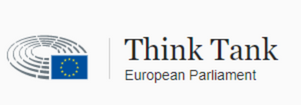
The present briefing aims to contribute to the process of drafting the the European Parliament’s(EP) own report regarding the European protein strategy (draftsman Emma Wiesner – Sweden). Which has become a necessity after six years have elapsed from the time the EP published their first report on this matter.
People in the EU consume millions of tonnes of meat, fish, eggs, and dairy products every year. Animal products, which many consider essential for a balanced and nutritious diet, account for more than a third of the EU’s total agricultural output, and are an integral part of Europe’s rich and diverse gastronomic culture. Meeting the high demand for nutritious and affordable products of animal origin is a key task of the EU’s agricultural sector, which employs millions across all Member States. However, the challenges posed by the COVID-19 pandemic, climate change, and Russia’s war on Ukraine mean that feeding Europe’s livestock is becoming increasingly difficult. The summary of the briefing states.
The report itself is structured in the following 4 chapters:
Basing itself on data from FEFAC’s brochure “Feed and Food”, the briefing provides a significantly precise portrayal of the current feed market scenario within the EU. Nonetheless, it leaves out important micro ingredient markets like that of vitamins, amino acids and enzymes, which are highly important feed additives in current animal feed.
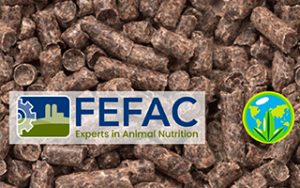
The briefing states:
“alleged competition between animal and human nutrition” as “one of the most controversial debates surrounding the livestock sector”. “According to some views, farm animals are fed a disproportionate amount of all calories produced (requiring over 70 % of the EU’s farmland), on top of their notable contribution to air and water pollution”.
it also refers to publications from the Animal Task Force:
“The agricultural industry argues that only a quarter of the grains and grasslands produced are fit for human consumption and that animals help transform the remaining 75% into edible food. Reports then point out the study from the United Nations Food and Agriculture Organization (FAO), which claims that 86% of livestock feed (such as pastures) is unfit for human nutrition. Nevertheless, the FAO study is acknowledging the need to reduce the livestock’s impact on the environment.”
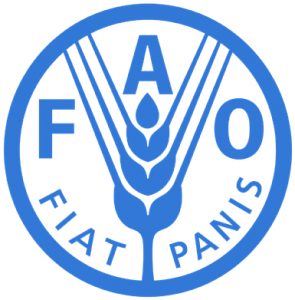
In regards to alternative proteins, the briefing highlights the Commission’s authorisation for the use of insect-processed proteins in fishmeal (2017) and in poultry and pig feed in 2021. It mentions the fact that the use of Processed Animal Proteins in poultry and swine feed has been looked upon hesitantly by the industry due to the set of regulations and requirements that have been set for their use.
Insects, seaweed, microalgae and microbes are listed as alternative protein sources. In regards to the use of insects in feed, the report states the following:
“insects can transform biomass (such as food waste) into high-value protein and other nutrients well suited for feeding fish, poultry and pigs, and could help reduce the EU’s protein deficit and increase the agricultural industry’s circularity”.
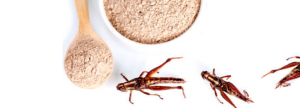
The briefing addresses the need to tackle the protein deficit and to come up with a European strategy for the promotion of protein crops in order to reduce the dependence on imports. The EU protein deficit lies mainly with the plant-based proteins rich in amino acids, especially soybean which “has the highest protein content with over 40%”.
It argues that member states only devote 3% of their agricultural land to proteins from vegetable origin. Stating that despite the incentives from the 2009 Renewable Energy Directive,the role of rapeseeds in regards to closing the current protein deficit has been insufficient. Due to factors such as lower protein content, the presence of anti-nutritional factors, amongst others. Leading to a sustained dependance on soybean imports.
Finally the briefing concludes with the following remarks:
“for greater autonomy and diversification of animal feed sources, and the growing emphasis on the agricultural supply chains’ sustainability and circularity, is encouraging innovation in animal nutrition. Boosting the EU’s domestic production of feedstuffs, in particular of plant-based proteins, will increase the EU’s competitiveness and resilience against future supply disruptions”.
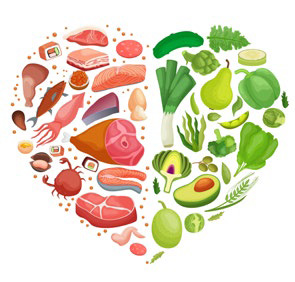
Sources: “EU feed autonomy: Closing the gaps in European food security“; https://www.europarl.europa.eu/RegData/etudes/BRIE/2023/739328/EPRS_BRI(2023)739328_EN.pdf
Subscribe now to the technical magazine of animal nutrition
AUTHORS

Nutritional Interventions to Improve Fertility in Male Broiler Breeders
Edgar O. Oviedo Rondón
The Use of Organic Acids in Poultry: A Natural Path to Health and Productivity
M. Naeem
Synergistic Benefits of Prebiotics and Probiotics in Poultry, Swine, and Cattle
Gustavo Adolfo Quintana-Ospina
Hybrid Rye Potential in Laying Hen Feed Rations
Gwendolyn Jones
A day in the life of phosphorus in pigs: Part I
Rafael Duran Giménez-Rico
Use of enzymes in diets for ruminants
Braulio de la Calle Campos
Minerals and Hoof Health in the Pregnant Sow
Juan Gabriel Espino
Impact of Oxidized Fats on Swine Reproduction and Offspring
Maria Alejandra Perez Alvarado